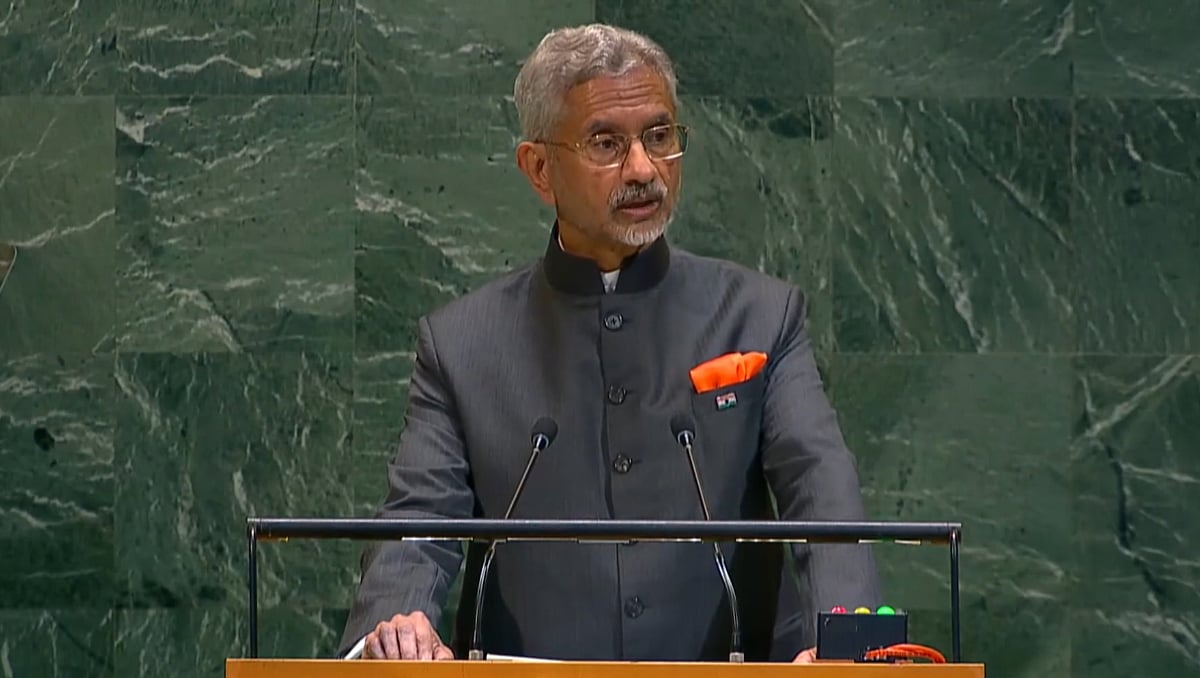The biggest development in our society in the last ten years has been without a doubt the growth of e-commerce companies. Companies like Amazon, Flipkart, Big Basket, JioMart, Zomato, Swiggy have changed not only the way business is done in India but the way we buy things.
As a consequence, the founders of these enterprises have become very wealthy and so have the companies that invested in them. They are the new rockstars of our society, with lifestyles like our glitterati – film stars and cricketers. If one looks at the way these companies are run, it immediately occurs to us that the central piece of their whole business model is the delivery boy.
About 95 per cent of the people employed by the firms are these delivery boys, who perform the task of picking up the product from the warehouse and delivering it to our homes and offices. This being so, one would have thought that some portion of this wealth would be shared with the delivery boys.
Far from it. The latter remain an exploited lot. So much so that in a wave of anger and frustration, they took to Facebook and Twitter and vent their feelings in the media and the ‘slavery’ they were subjected to. Unfortunately, while the pink papers put out ‘ad nauseum’ the success stories of these e-commerce companies, they ignore the plight of the boys.
Recently Fairworth - a think tank that looks at fairness in business - put out rankings for 2021 for some of the top e-commerce sites of India, which they refer to as the ‘platform economy’. The findings were absolutely shocking. The criteria used were fair pay, fair conditions, fair contracts, fair management and fair representation.
It was on a 1 to 10-point scoring system, with 2 points being assigned for each parameter. 0 was the worst and 10 was the best. Ola, Uber and Porter scored a miserable 0 on 10 which meant that on all criteria they were found to be pathetically deficient. Amazon, Dunzo and PharmEasy performed a shade better at 1 on 10 but still extremely poorly. Zomato got 3 while Swiggy and BigBasket got 4.
Urban Company got 5 and Flipkart did the best for the second year in a row, at 7 on 10. In my view, the criteria used were very fair and one would have expected that these firms, founded by educated people with huge amounts of money to spend would take better care of the people who actually bring in the revenue and the profits.
If you look at the complexion of the staffing of these start-ups you will understand why the harsh words exploitation and slavery crop up. On average, about 95 per cent of the total workforce of a platform company are gig workers; the rest are staff working in offices in various departments.
And such a high proportion of the workforce has no proper wages, abysmal working conditions, no representation of any form, are made to sign opaque and unintelligible contacts and of course, have absolutely no say in the management. If you are asking, is this like the England of the 19th century described by Dickens, I would say it is worse. And we are in the third decade of the 21st century.
It may not be incorrect to call the gig workers the ‘Children of a lesser god’. Having looked at the dimension of the problem let us look at some solutions. Looking at the wages, these gig workers in most companies have no minimum wages and are paid by the number of deliveries they make. They are made to bear the cost of fuel, their food and their uniforms. There are no proper hours of work.
There is of course no permanence in jobs and they are hired and fired. This should be changed immediately. The government should intervene and stipulate a minimum wage and proper working conditions. There should be places where they can sit and rest in between deliveries. Contract labour should be minimised and the government should stipulate that a certain percentage of the gig workers should be permanent.
Medical leave, gratuity, ESI should be made mandatory contracts which these delivery boys are made to sign must be approved by the labour commissioner of that state so that there is no exploitation of these workers. Independent legal help should be provided to them so that unfair contracts are not held against them. These should have clauses that allow the workers to exercise their rights through internal committees which hear their grievances.
Lack of representation is another issue. While I am surely not a Commie and have been an advocate of free enterprise all my life, I have begun to believe that the formation of trade unions of these workers is essential if their rights are to be protected.
The government should stipulate that in those e-commerce companies that employ more than 500 gig workers, the formation of a trade union is mandatory. A certain amount of coercion is required if we are to change the present state of affairs. Owners and boards of these e-commerce companies should be penalised if the companies do not meet the minimum criteria for fair pay, fair contracts, fair representation. Only then will they take this matter with the seriousness it deserves.
Investors should take interest in the welfare of these workers and not be solely concerned with the valuation they get and how much wealth they can accumulate from their investments. A lot of work has been done by investors when looking at the impact of investee companies on the environment.
Worrying about the rise in global temperatures in 2050 is important but the conditions of the human beings who work in their investee companies right now is much more important. E-commerce is here to stay and so are the gig workers. We, as the customers, should not just be satisfied with the speed with which tomatoes and idlis are delivered to us. We should spare a thought for the boy who delivers it and throw our weight behind any effort to make their working conditions more humane.
(The writer is an investment banker and political commentator. His Twitter handle is @pnvijay)











